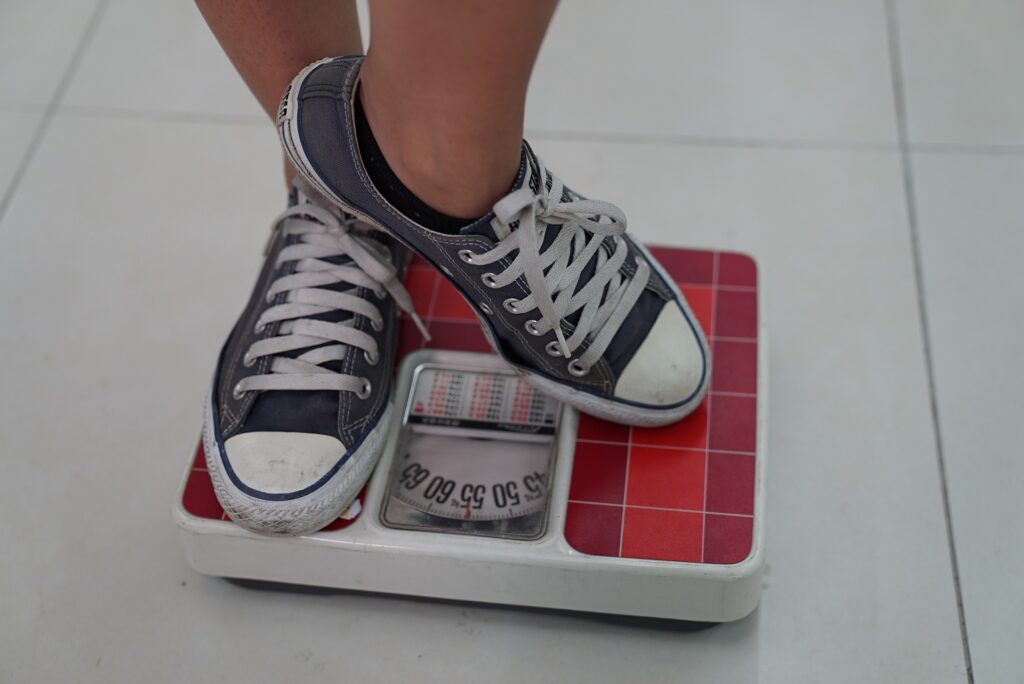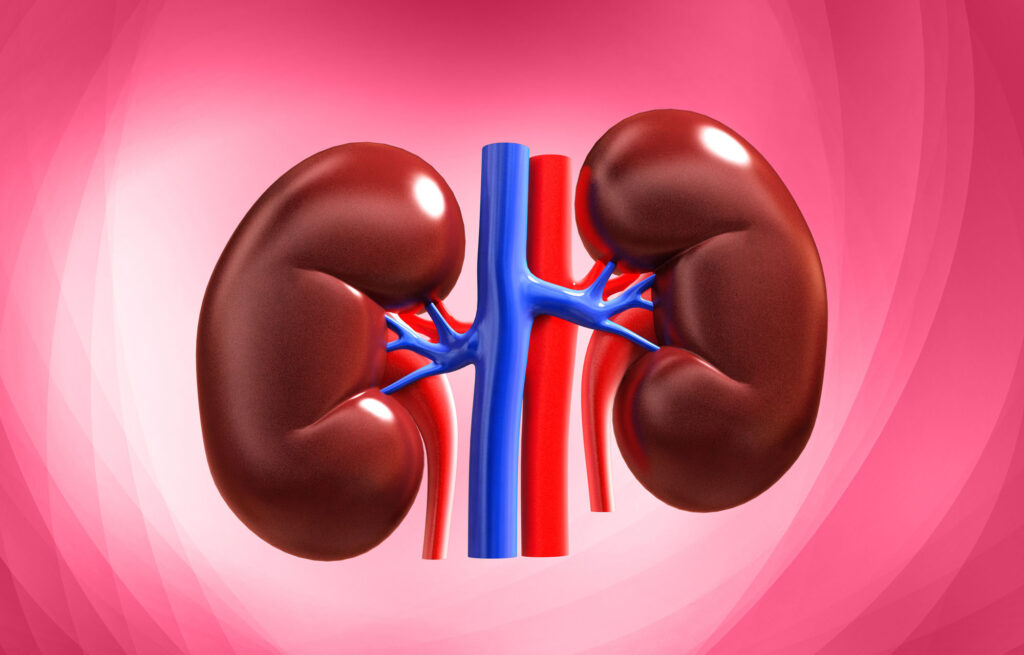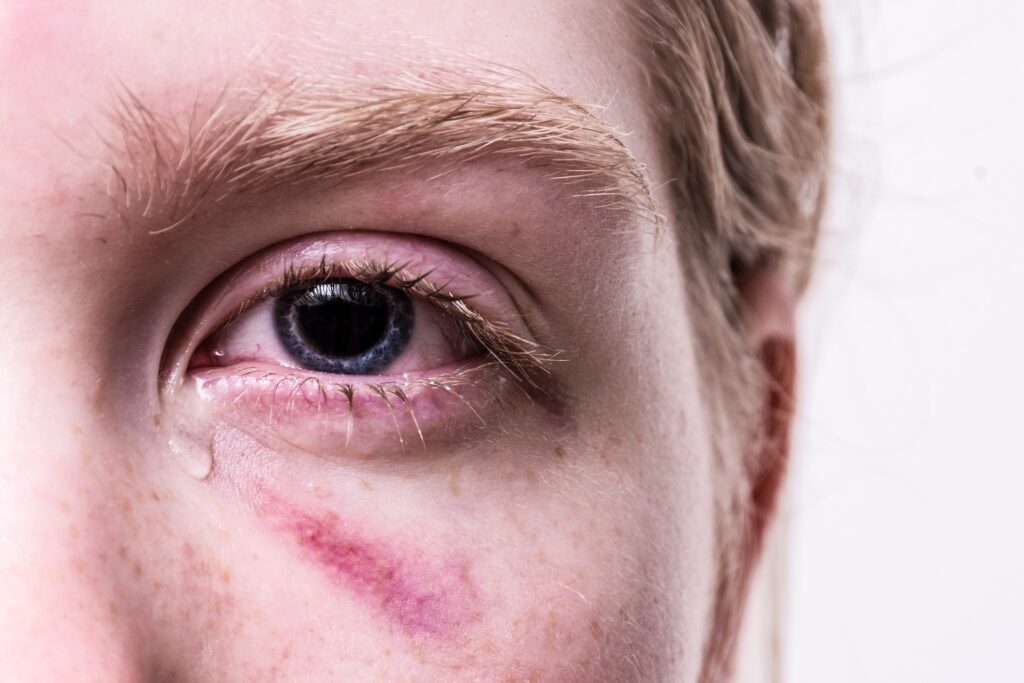Introduction :
Hypertension, commonly known as high blood pressure, is a prevalent health condition that affects millions of people worldwide. If left uncontrolled, hypertension can lead to serious complications such as heart disease, stroke, kidney damage, and other organ-related problems. However, with proper management and lifestyle modifications, individuals can effectively control their blood prssure levels and reduce the associated risks.
In this article, we will explore the management strategies for hypertension, including lifestyle changes, medication options, and the potential risks of uncontrolled hypertension.
Body:
Lifestyle Modifications : Lifestyle modifications play a crucial role in managing hypertension. By adopting healthy habits, individuals can lower their blood pressure and improve overall cardiovascular health. Here are some key lifestyle changes to consider:
a. Healthy Diet: Following a balanced diet rich in fruits, vegetables, whole grains, lean proteins, and low-fat dairy products can help lower blood pressure. The Dietary Approaches to Stop Hypertension (DASH) diet, which emphasizes reducing sodium intake and increasing potassium-rich foods, has been shown to be particularly effective.

b. Sodium Reduction: Limiting sodium intake is essential for managing hypertension. It is recommended to consume no more than 2,300 milligrams (mg) of sodium per day, or even less for certain individuals, such as those with diabetes or kidney disease. Reading food labels, avoiding processed foods, and cooking meals at home using fresh ingredients can help reduce sodium consumption.

c. Regular Physical Activity: Engaging in regular aerobic exercise, such as brisk walking, swimming, or cycling, can help lower blood pressure. Aim for at least 150 minutes of moderate-intensity exercise or 75 minutes of vigorous-intensity exercise per week, along with muscle-strengthening activities twice a week.

d. Weight Management: Maintaining a healthy weight is crucial for managing hypertension. Losing excess weight can significantly lower blood pressure levels. Combining a healthy diet with regular physical activity is key to achieving and maintaining a healthy weight.

e. Stress Reduction: Chronic stress can contribute to elevated blood pressure. Engaging in stress-reducing activities such as meditation, deep breathing exercises, yoga, or hobbies can help manage stress levels and promote overall well-being.

Medication Options In some cases, lifestyle modifications alone may not be sufficient to control hypertension. Healthcare professionals may prescribe medications to help lower blood pressure. Commonly prescribed medications include:
a. Diuretics: These medications help the body eliminate excess sodium and water, reducing blood volume and lowering blood pressure.
b. Angiotensin-Converting Enzyme (ACE) Inhibitors: ACE inhibitors relax blood vessels, allowing blood to flow more easily and reducing blood pressure.
c. Angiotensin II Receptor Blockers (ARBs): ARBs block the action of angiotensin II, a hormone that narrows blood vessels, thereby lowering blood pressure.
d. Calcium Channel Blockers: These medications relax and widen blood vessels, making it easier for blood to flow and reducing blood pressure.
e. Beta-Blockers: Beta-blockers reduce the heart rate and decrease the force of contraction, resulting in lower blood pressure.
It is important to note that medication options and dosages may vary depending on individual circumstances. Regular follow-ups with healthcare professionals are essential to monitor blood pressure levels and adjust medications as needed.
Potential Risks of Uncontrolled Hypertension : Uncontrolled hypertension poses significant risks to overall health and increases the likelihood of developing serious complications. Some potential risks include:
a. Cardiovascular Disease: High blood pressure puts strain on the heart and blood vessels, increasing the risk of heart disease, heart attack, and heart failure.
b. Stroke: Uncontrolled hypertension can lead to the narrowing and weakening of blood vessels in the brain, increasing the risk of stroke.
c. Kidney Damage: Hypertension can damage the blood vessels in the kidneys, impairing their ability to filter waste and leading to kidney disease or kidney failure.

d. Eye Problems: Chronic high blood pressure can cause damage to the blood vessels in the eyes, leading to vision problems or even blindness.

e. Aneurysm: Persistent high blood pressure can weaken blood vessel walls, potentially causing them to bulge or rupture, resulting in a life-threatening condition known as an aneurysm.
Conclusion
Managing hypertension is crucial for reducing the associated risks and maintaining overall health. By implementing lifestyle modifications, taking prescribed medications, and regularly monitoring blood pressure levels, individuals can effectively control hypertension and minimize the potential complications.
” Remember, early detection, proper management, and ongoing care are key to preventing the adverse effects of uncontrolled hypertension.”

